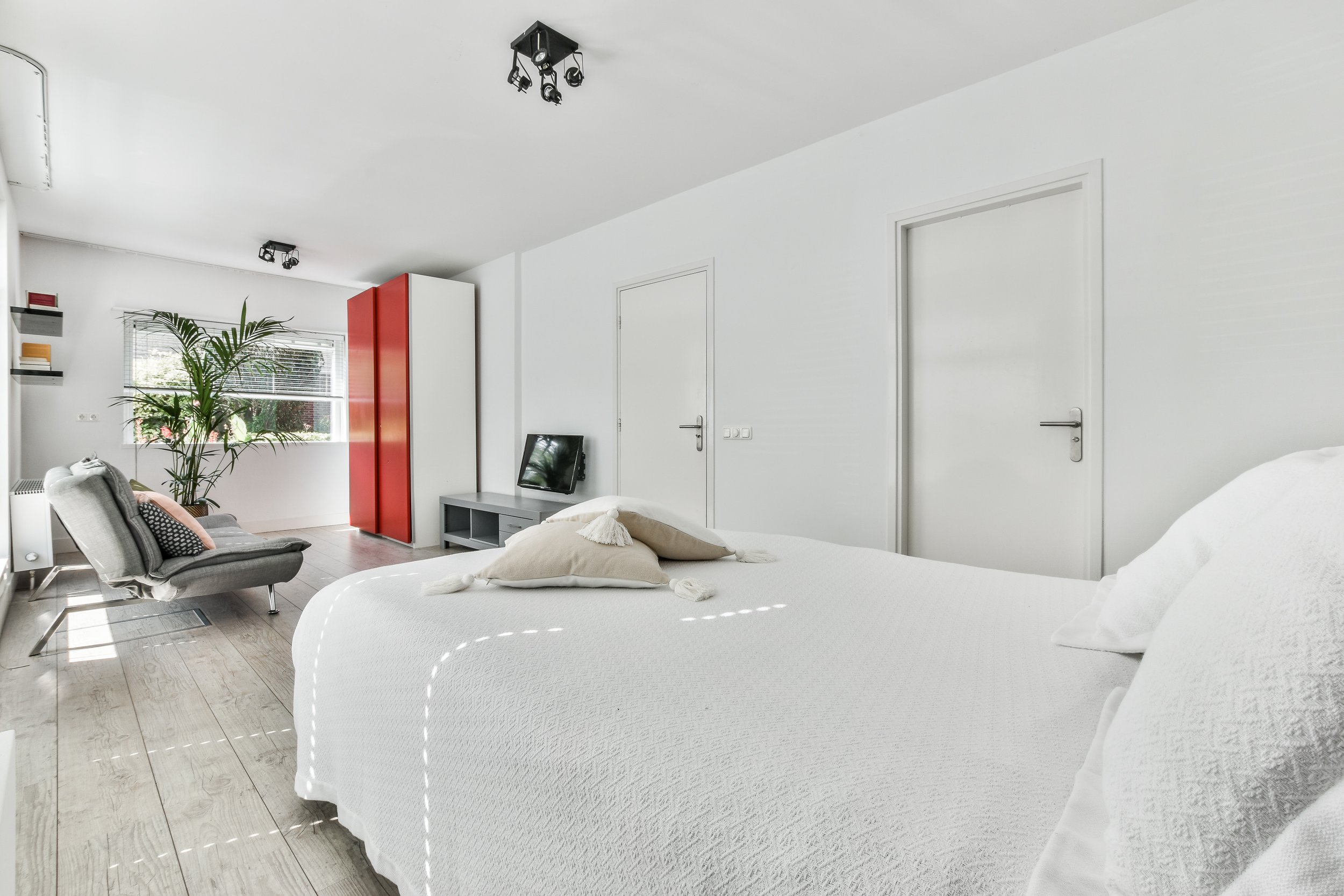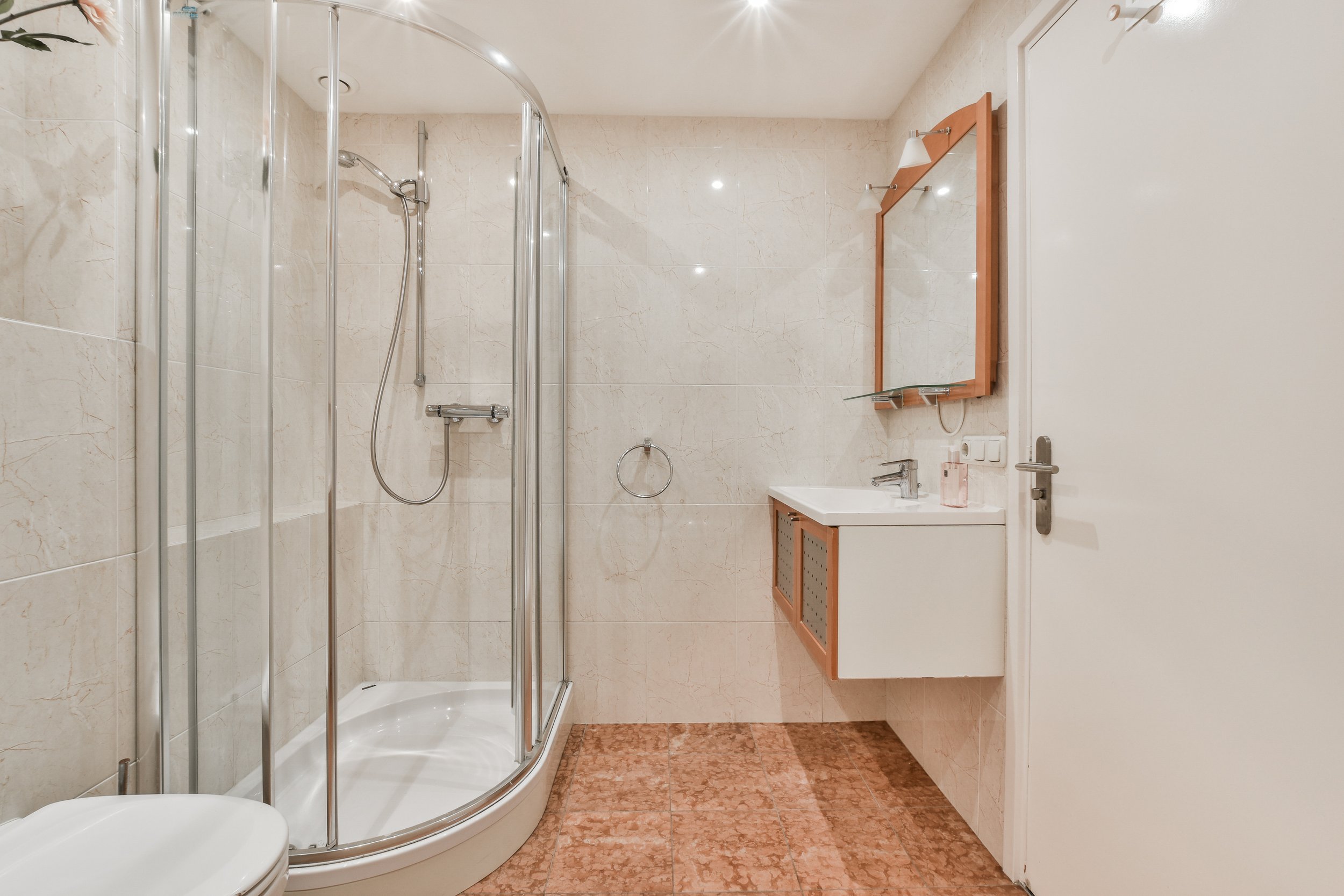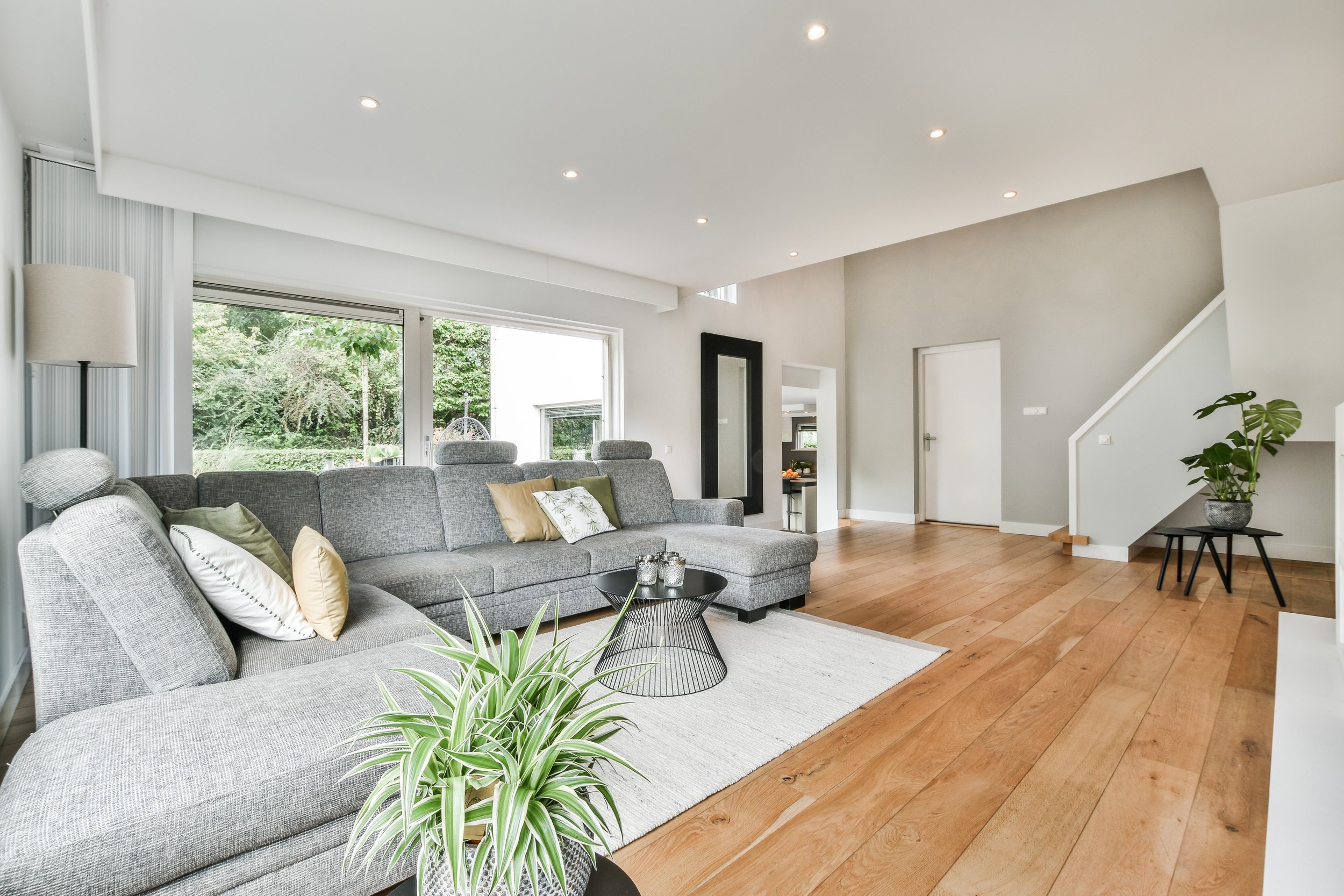Finishing a 1,500 sq ft basement in Decatur, GA can turn underused space into a guest suite, home office, or rental-ready apartment. The cost hinges on scope, code requirements in DeKalb County, and how much work stays in DIY versus licensed trades. This guide breaks down realistic numbers, common surprises in older Atlanta-area homes, and where hiring finishing basement contractors protects budget and timelines.
A clear price range for DIY in Decatur
Homeowners who manage the project and do a fair share of the labor can expect a total range of $45,000 to $95,000 for 1,500 sq ft, assuming mid-grade finishes and a standard plan with one bathroom, basic family room, and one or two flex rooms. Lean builds with minimal walls and no bathroom can land closer to $30–$40 per sq ft. Full build-outs with a bedroom, bath, media wiring, built-ins, and a small kitchenette trend toward $60–$80 per sq ft even with significant DIY.
Why the wide spread: local permitting and inspections, slab conditions, moisture control needs, ceiling height solutions for ductwork, and whether plumbing lines exist where you plan a bath. Material choices move the needle, but rework from code corrections costs more than nicer flooring.
Permits, codes, and inspections in DeKalb County
Decatur and DeKalb County require permits for electrical, plumbing, HVAC, and most structural work. A finished basement also needs egress compliance for bedrooms, smoke/CO detectors, arc-fault and GFCI protection, and load calculations for HVAC. Expect $1,000 to $3,000 for plans and permits for a 1,500 sq ft project. If you add a bathroom, plan on separate plumbing inspections and possibly a grinder pump if the main line sits higher than the fixture drains.
Skipping permits creates appraisal problems and delays at resale. More important, Heide Contracting: basement finishing services in Atlanta, GA. it risks safety failures in hidden systems. Many homeowners manage permits themselves and bring in licensed trades to pass inspections on the first try.
Baseline cost breakdown for 1,500 sq ft
Numbers below reflect typical pricing in Decatur, Kirkwood, East Lake, and nearby neighborhoods. They assume homeowner project management, with licensed trades for regulated work and owner labor for demo, framing assistance, insulation, painting, and cleanup.
- Moisture control and prep: $2,000–$10,000. Includes hairline crack repair, vapor barrier, dehumidifier, and basic drainage fixes. If the slab or walls show hydrostatic pressure, interior drain and sump systems can add $6,000–$12,000. Framing and insulation: $6,000–$14,000. 2x4 walls, pressure-treated bottom plates, R-13 to R-15 in walls, rigid foam or mineral wool in strategic areas. Decatur basements often need custom soffits to work around trunk lines. Electrical: $5,000–$12,000. New circuits, lighting layout, outlets per code, smoke/CO, low-voltage conduit. Panel upgrades can add $1,500–$3,000 if amperage is tight. Plumbing: $4,000–$15,000. Big range. A bath near existing lines with easy tie-ins can be near the low end. A new bathroom across the space or a wet bar far from the main stack can trigger trenching, re-routing, or a grinder pump. HVAC: $3,500–$10,000. Duct extensions, returns, zoning, or a ducted mini-split. Many Decatur homes benefit from a separate zone or a dedicated unit to meet load without starving the main floors. Drywall and ceilings: $8,000–$16,000. Smooth finish costs more than orange peel. Soundproofing with resilient channel and double layers near media rooms adds cost. Drop ceilings ease access but add material cost. Flooring: $3,000–$12,000. LVP and tile handle moisture well. Carpet for bedrooms is budget-friendly. Avoid solid hardwood over slab. Doors, trim, and paint: $4,000–$9,000. Solid-core doors help with sound. Painted trim and walls go faster with owner labor. Bath finishes: $5,000–$18,000. Tile shower, vanity, toilet, lighting, ventilation. Curbless showers, niche details, and glass panels sit on the higher end. Egress solutions: $2,500–$8,000 per window if cutting into masonry and adding a well. Walk-out basements avoid this.
A homeowner doing painting, flooring install, and some trim can shave $6,000–$12,000. Doing framing and insulation as well can save another $5,000–$8,000, but schedule risk rises and inspections get tighter.
What drives cost in older Atlanta-area homes
Basements in Decatur, Lake Claire, and Edgewood vary widely. Pre-1990 houses often have low duct runs, limited headroom near beams, and fieldstone or block walls. In these homes, it pays to budget for three items: ductwork adjustments, moisture management beyond “just a dehumidifier,” and electrical panel expansion. In 1950s and 1960s ranches, bath additions frequently need a pump to reach the main sewer — a detail that changes both layout and budget.
Homes near the South Peachtree Creek floodplain or with sloped lots can see seasonal moisture. A simple poly vapor barrier and sealed seams under floating LVP can work if walls stay dry, but persistent dampness calls for perimeter drains and a sump. That upgrade is a budget saver in the long run because it protects finishes.
DIY versus hiring finishing basement contractors
DIY makes sense for demo, insulation, painting, flooring, basic framing, and project cleanup. Licensed pros should handle electrical, plumbing, HVAC, and structural changes. The inspection schedule favors clean work by trades that know local code. Passing the first time saves rework.
Hiring finishing basement contractors for design-build shortens timelines, aligns all trades, and helps sequence inspections. In Decatur, contractors familiar with DeKalb reviewers anticipate common notes, like smoke/CO locations or tempered glass near egress. Homeowners who start DIY often bring in a contractor mid-project to fix moisture, venting, or layout misses. That handoff costs more than involving a pro early.
A realistic DIY timeline
A motivated homeowner working nights and weekends with trades lined up can expect three to six months. Lead times for inspectors, custom egress windows, and shower glass can stretch the schedule. If the space will be used for guests or rental, budget extra time for sound control, door upgrades, and privacy planning.
Where to save without creating problems
Paint-grade trim, durable mid-range LVP, and stock vanities keep costs in check. Place the bathroom near the main stack. Use a drywall ceiling in most areas and a smart access panel near valves. Reserve splurge items for the spaces used daily: better lighting in the family room, a quiet bath fan, solid-core doors for the bedroom.
Avoid false savings: no laminate over a damp slab, no drywall tight to bare concrete, and no undersized returns on extended duct runs. These cause callbacks, mold, and comfort complaints.


Sample budget scenarios for 1,500 sq ft
Lean family space with no bath: $30–$45 per sq ft. Open plan, LVP, recessed lights, painted walls, drywall ceiling, dehumidifier. Trades limited to electrical and minor HVAC tweaks.
Standard finish with one bath and a flex room: $55–$75 per sq ft. Framed rooms, one full bath near existing lines, proper HVAC zoning, egress if adding a bedroom, mid-grade tile and lighting.
Premium touches and kitchenette: $75–$110 per sq ft. Media room soundproofing, built-ins, quartz counters, glass shower, upgraded doors, and extensive lighting layers.

Common Decatur inspection snags and how to avoid them
- Bedroom egress too small or set too high from the finished floor. Confirm dimensions before cutting concrete. Missing or misplaced smoke/CO detectors tied to the house system. Place per code on each level and near sleeping areas. GFCI and AFCI protection gaps in outlet layout. Coordinate with your electrician early. Undersized returns in finished spaces leading to poor airflow. Have HVAC sizing done with the finished plan, not the old layout. Improper vapor management at the foundation wall. Use rigid foam or a proper cavity detail rather than batting against concrete.
Rental considerations near Agnes Scott and Oakhurst
If the basement will support a long-term renter or student housing, study zoning rules, egress, ceiling height, separate entrance, and parking. Fire separation, sound control, and lockable mechanical access matter. A proper kitchenette needs a vented range hood or an approved alternative. A contractor with local experience will flag these before you invest in finishes.
Why some homeowners switch from DIY to a contractor mid-project
Two situations trigger the pivot. First, moisture shows up after framing, and finishes must pause for drainage work. Second, the bath location chosen for convenience violates slope or code and now needs a pump and rework. Both add weeks. Finishing basement contractors who work across Decatur, Druid Hills, and East Atlanta can value-engineer solutions and keep inspections moving.
What Heide Contracting brings to a Decatur basement
Heide Contracting plans basements with a clear scope, accurate allowances, and a schedule that respects inspections and lead times. The team coordinates trades to prevent conflicts at framing, plumbing rough-in, and HVAC layout. They know what DeKalb reviewers look for and how to protect headroom while hiding ductwork. Homeowners who want to do paint or flooring can still keep the project under a professional umbrella, saving money without risking code issues.
For a 1,500 sq ft basement in Decatur, the firm’s typical design-build packages start with a moisture check, layout options for bath and egress, and a line-item estimate. That clarity helps decide what to DIY and what to hand off.
Ready to price your basement in Decatur?
Share a few photos, the year of the home, and whether you want a bath, bedroom, or kitchenette. Heide Contracting will provide a local, code-aware estimate, along with options that fit your budget. Homeowners in Decatur, Kirkwood, and East Lake can request a walk-through and receive a phased cost plan that shows where DIY makes sense and where licensed trades will save money. If you are comparing finishing basement contractors, include a proposal that reflects how homes in Atlanta actually get inspected and lived in.
Heide Contracting provides renovation and structural construction services in Atlanta, GA. Our team specializes in load-bearing wall removal, crawlspace conversions, and basement excavations that expand and improve living areas. We handle foundation wall repairs, masonry, porch and deck fixes, and structural upgrades with a focus on safety and design. Whether you want to open your floor plan, repair structural damage, or convert unused space, we deliver reliable solutions with clear planning and skilled work.
Heide Contracting
Atlanta, GA, USA
Phone: (470) 469-5627
Website: https://www.heidecontracting.com, Basement Conversions
Instagram: @heidecontracting
Facebook: Heide Contracting